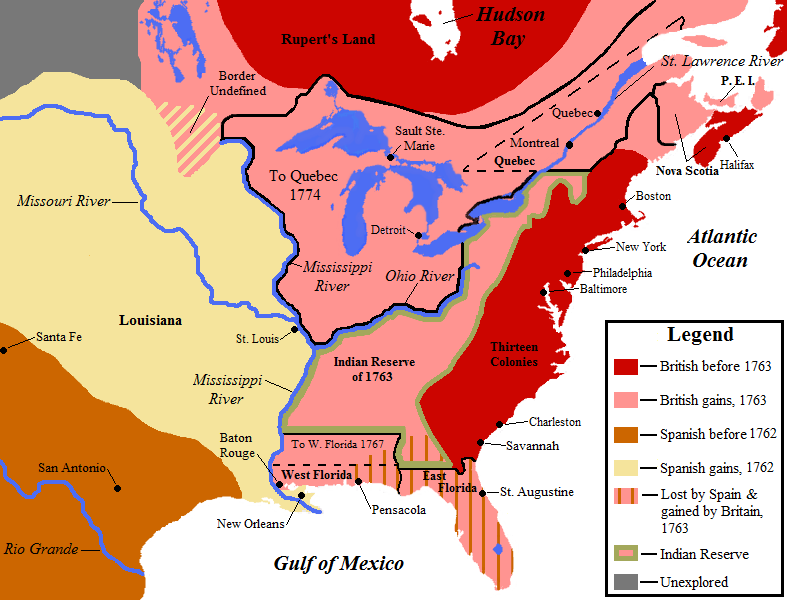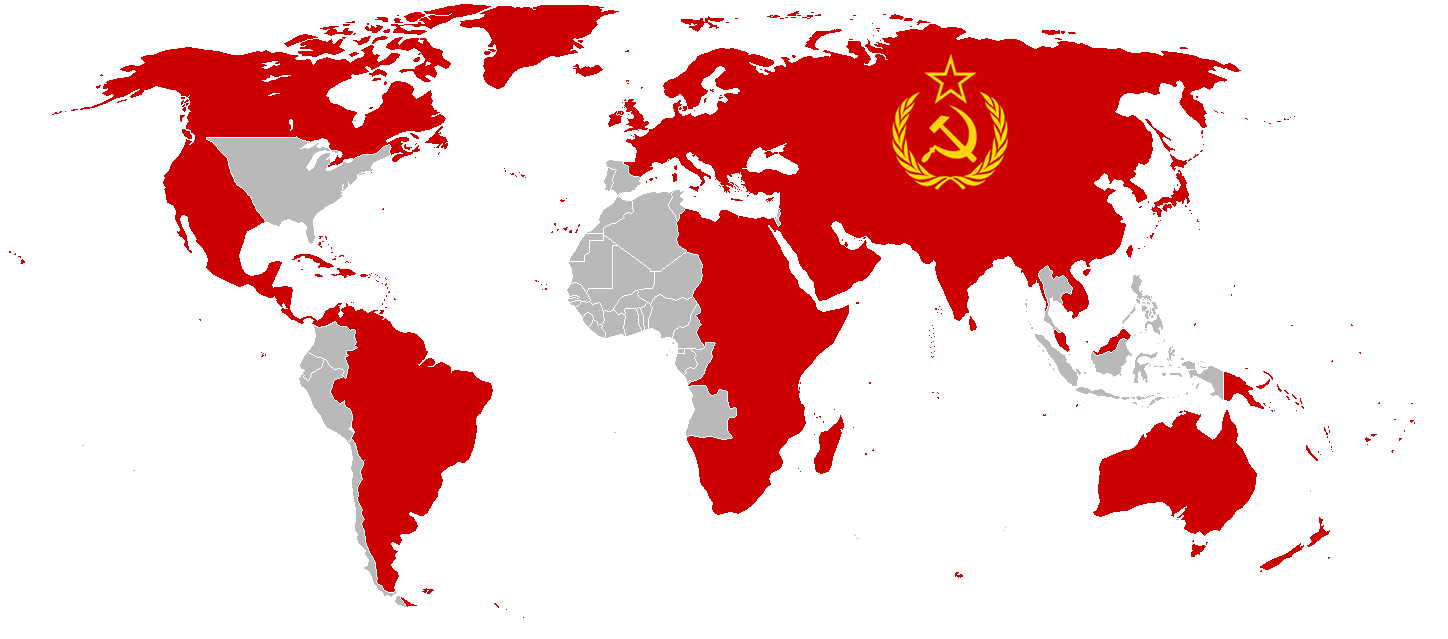Every time I learn something new about this guy, the more bewildered I get at why people consider him such a benevolent heroic figure.
On the surface some of things he did like might of looked establishing national parks and the trust busts until you look more into his reasons. The parks were just a way of blocking off land with potential resources off from the civilian population to avoid paying for royalties and relocations, and he was really only against trusts for how they were becoming a hinderance towards the state. The man was full time imperialist through and through.
Because he was a man’s man! He killed a bear with his hands!
if only he was as passionate about killing imperialism as he was about killing animals
its the same fucking thing with Lincoln people often say he was the one good president, some especially delusional people even say he was a fucking revolutionary. But he was out there saying shit like “If I could save the Union without freeing any slave I would do it…”, and he wanted to bring all the salver politicians back into power after the civil war after a tiny percent of the white male population of the confederacy voted to go back to the union, man was as much a monster as every other amerikkkan president.
Yeah, and it’s worth pointing out the Emancipation Proclamation was merely a statement that the fugitive slave acts didn’t apply to areas de facto outside US jurisdiction
deleted by creator
I need to research him in more detail again someday. I did some research on him when I was high school age, for a paper, but it’d be interesting to see how I’d view it now, knowing what I know about how the US works now and historically. Back then I had a very favorable view of him, but I have since encountered bits of information here and there indicating his views were a lot worse than they are made out to be. I am now naturally a bit more suspicious of what part he played in the on-paper end of full blown slavery (prison labor loophole aside), knowing how “reforms to dissipate revolutionary liberation energy” tend to be used. Like was he in some way, at some stage of it, genuinely trying to liberate, or was it always more akin to “this is the pill we have to swallow in order to keep the US project going”? Like the factional infighting we’re seeing play out in the US right now, where both candidates are full-throated imperialists and are into the order of elite rule who may have some disagreements on how to go about it.
Similarly with all of American history.
Saving this because it’s a perfect demonstration of how the point of the American revolution was for burger factions to take over the colonial project from the British crown. They love saying it was taxes and representation that brought things to a head but the crown prohibiting settlers from land-grabbing past the Appalachians was a HUGE bone of contention for the colonists who felt entitled to conquer those indigenous lands after the French-Indian war. Not to mention that Britain was beginning to entertain abolition (partly since they had gotten most of their value out of slavery by then).
didnt the nascent US elite already have the “west” (beyond the 13 colonies) carved up for real estate speculation even before the revolution broke out?
I think so but the outcome of the Seven Years’ War treaties was to allocate that land for indigenous use:
(Note that if it had been less expensive to keep a military presence there, the British would have been as eager as the Americans to keep genociding in that region as well)

oh yeah, the brits just signed those treaties as a temporary measure while they did other stuff, they would’ve come back eventually, kicked the treaties over and taken the land.
but the US elite couldnt wait that long. they wanted the land NOW.
Exactly lol there’s no way the British were going to actually honour and safekeep their land forever. They’d have just bided their time and invaded later. Guess that wasn’t soon enough for the heroic founding fathers.
i’ve always wondered how much this english court ruling influenced the founding fathers of the US to rebel: https://en.wikipedia.org/wiki/Somerset_v_Stewart
a lot, apparently. this article’s been expanded since i last looked at it, lol.
I didn’t even know about this specific case but wow, nice catch. So yeah I rest my case lol. Unless maybe it was just a weird coincidence that the vast majority of the founding fathers’ wealth rested on enslaved people’s labour.
Racist Crackers. All the USA presidents are war criminals.



